Back on the river at last: 'I start to rediscover muscles in my back I had forgotten existed'
Jamie Blackett takes a welcome break from his soggy farm in Dumfriesshire to head up to the Highlands for a first post-lockdown fishing outing.
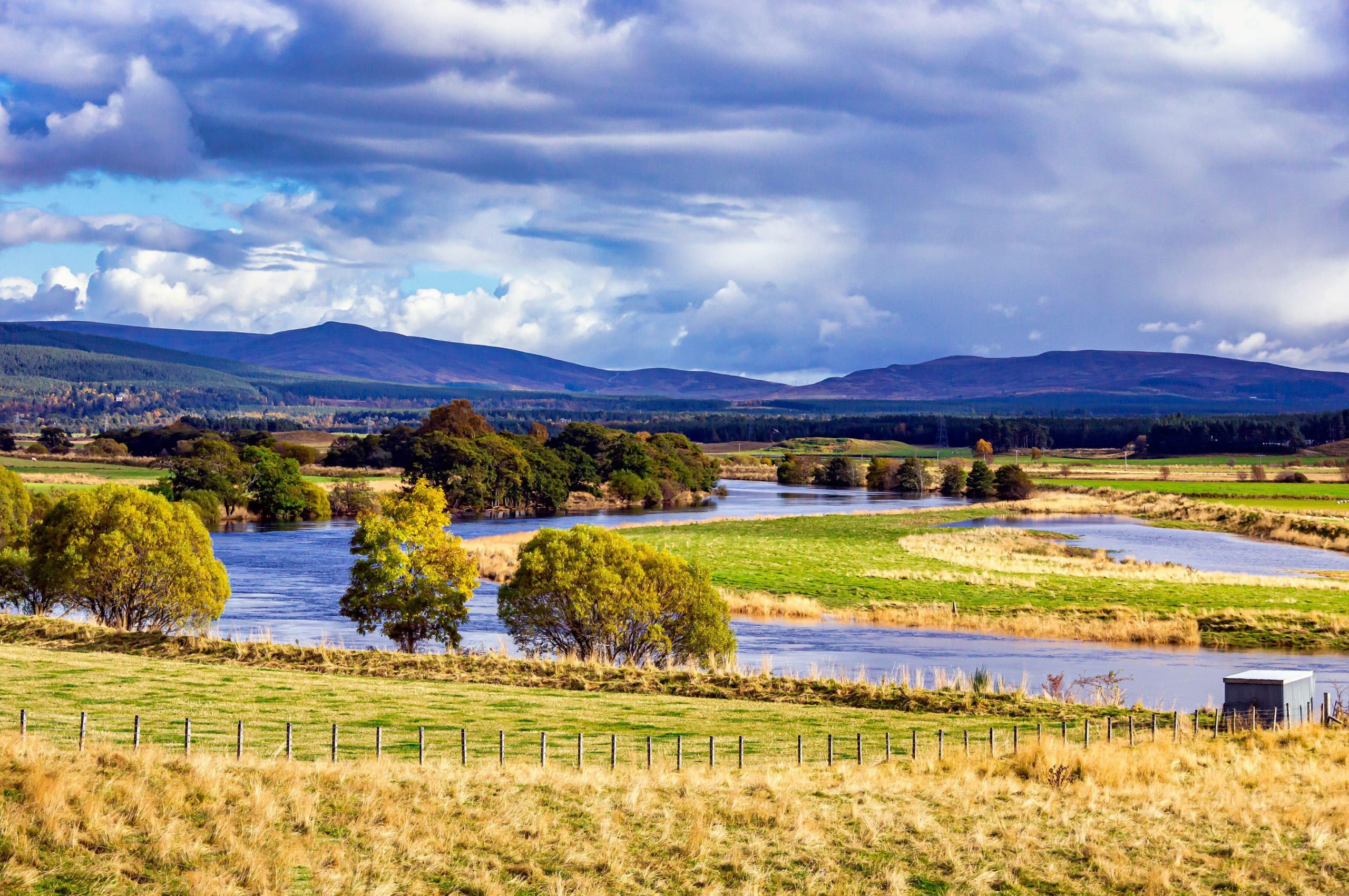

We have gathered on the River Spey. The boy band has reformed for another tour under the leadership of Pedro, our generous host and piscatorial impresario. Lead singer and undoubted star of the show is Tiggy. We last met in the stands at Murrayfield when the proud Welshwoman, dressed as a daffodil, held her own amid a sea of blue-and-white faces. That time, Scotland emerged victorious; this time, we know we’re going to have to be on our mettle not to be beaten by a girl, even if she is, for the purposes of this week, an honorary bloke.
The first morning starts badly when, with a clarety head, I pull my waders out and am discombobulated to find a hole the size of an old penny. Despite hanging above what I assumed to be rodent level in the boiler room since the last outing, there’s no mistaking the deleterious effects of mice on neoprene.
For a nanosecond I consider toughing it out; then I think through the Hobbesian discomfort of spending the day wet from the waist down and tell myself that I’m on holiday and that fishing is supposed to be pleasurable. And a sensible voice in my head, not unlike my wife’s, argues that the Spey is a young man’s river, a torrent of vigorous water atop a shifting conveyor-belt of odd-shaped boulders and it’s easy enough to drown at the best of times without being dragged to the bottom by having one’s waders full of water.
Fortunately, a grovelling call to the castle confirms my guesstimate that the laird’s feet are the same size as my own and a pair arrives minutes later. Mike the ghillie appears from his hut, two immaculately behaved spaniels at heel, and inspects my flybox with a shrewd eye. ‘Here, try that one. We call it a kitchen sink.’
The first pool is the Cumberland Crossing, so called because it was the first place upstream that the Duke of Cumberland’s army found to cross the Spey on their march west along the coast to defeat the Jacobites at Culloden. The water would still have been chest-deep in places on stunted 18th-century bodies and I imagine the soldiery muttering trenchant criticism of their officers splashing past on chargers as their redcoats became weighed down with the cold, peaty water.
Pedro deploys the troops and Tiggy coils her hair fetchingly under an Afrika Korps cap and shimmies down the bank. ‘I’m going to catch a fish, boys.’ Soon, I see her covering the river with effortless grace and I start to emulate her with lopsided figures-of-eight in a half-remembered Spey cast.
“As I settle into the soft rhythms of the river, I start to forget about the two fields of sodden potatoes waiting for a dry spell to harvest”
I start to rediscover muscles in my back I had forgotten existed and wiggle my toes in the borrowed waders. It occurs to me that I am wearing my Dad’s woollen socks. He was a far better fisher than I will ever be and I feel a pang of regret that this is the first fishing expedition I won’t be able to tell him about on my return, as he died last year. Lucky socks. And, as I settle into the soft rhythms of the river, I start to forget about the two fields of sodden potatoes waiting for a dry spell to harvest and the broken drains and the pile of paperwork and put life into perspective.
Sign up for the Country Life Newsletter
Exquisite houses, the beauty of Nature, and how to get the most from your life, straight to your inbox.
Then, under the Green Bank, it happens. Two sharp pulls disturb my reverie and all my senses are concentrated in my hands.
I am back in the groove, in a battle with flesh and blood, like holding up a pulling horse. Slowly she yields, and I manoeuvre the grilse onto the shingle bank, carefully remove the fly and ease her back into the current. For a heart-stopping moment I think she’s not going to recover; then, with a flick of her tail, she’s off. Another breeding fish saved by the river’s catch-and-release policy.
At lunch, it transpires that Tiggy has also caught a salmon at exactly the same time — another of life’s mysteries. Pedro goes into full Ray Mears mode on the barbecue, the Aix ‘A9’ rosé starts flowing and it’s the turn of the ospreys to show us how it’s done. We watch from the bank open-mouthed as one hovers like a kestrel, dives and pulls out just short of the water.
Then, in a moment that will be an indelible memory for us all, it stoops with unstoppable force, hits the water, disappears beneath the surface, re-emerges to tussle briefly with its prey then lumbers off slowly with a fish in its talons and lifts over the pine trees. The modern world is briefly suspended.
Jamie Blackett farms in Dumfriesshire and is the author of ‘Red Rag to a Bull — Rural Life in an Urban Age’.
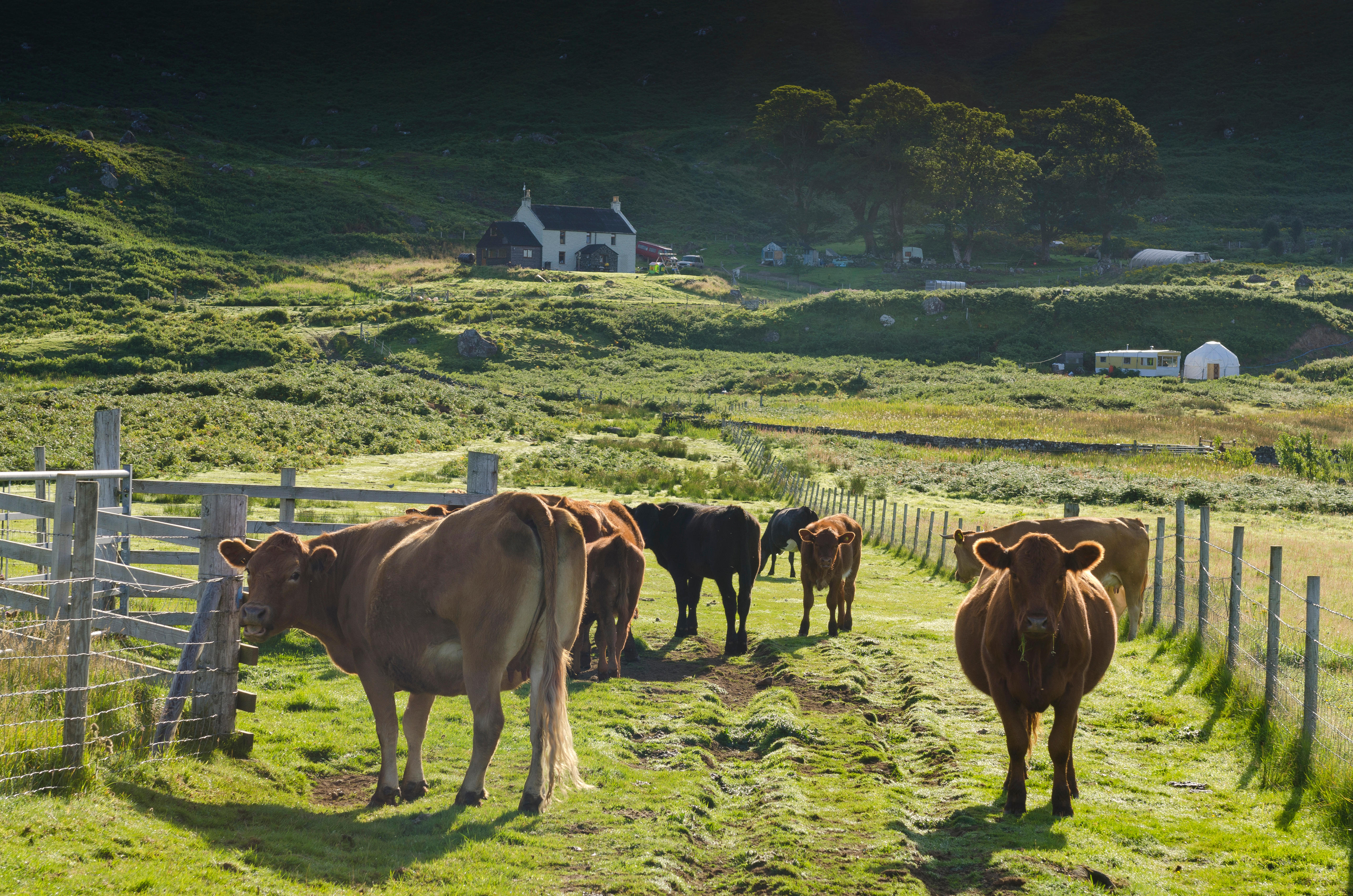
How farming has fallen from 'no finer investment' to fighting for its future
Jamie Blackett defends livestock farming on the urban media trail in the wake of 'Veganuary'.
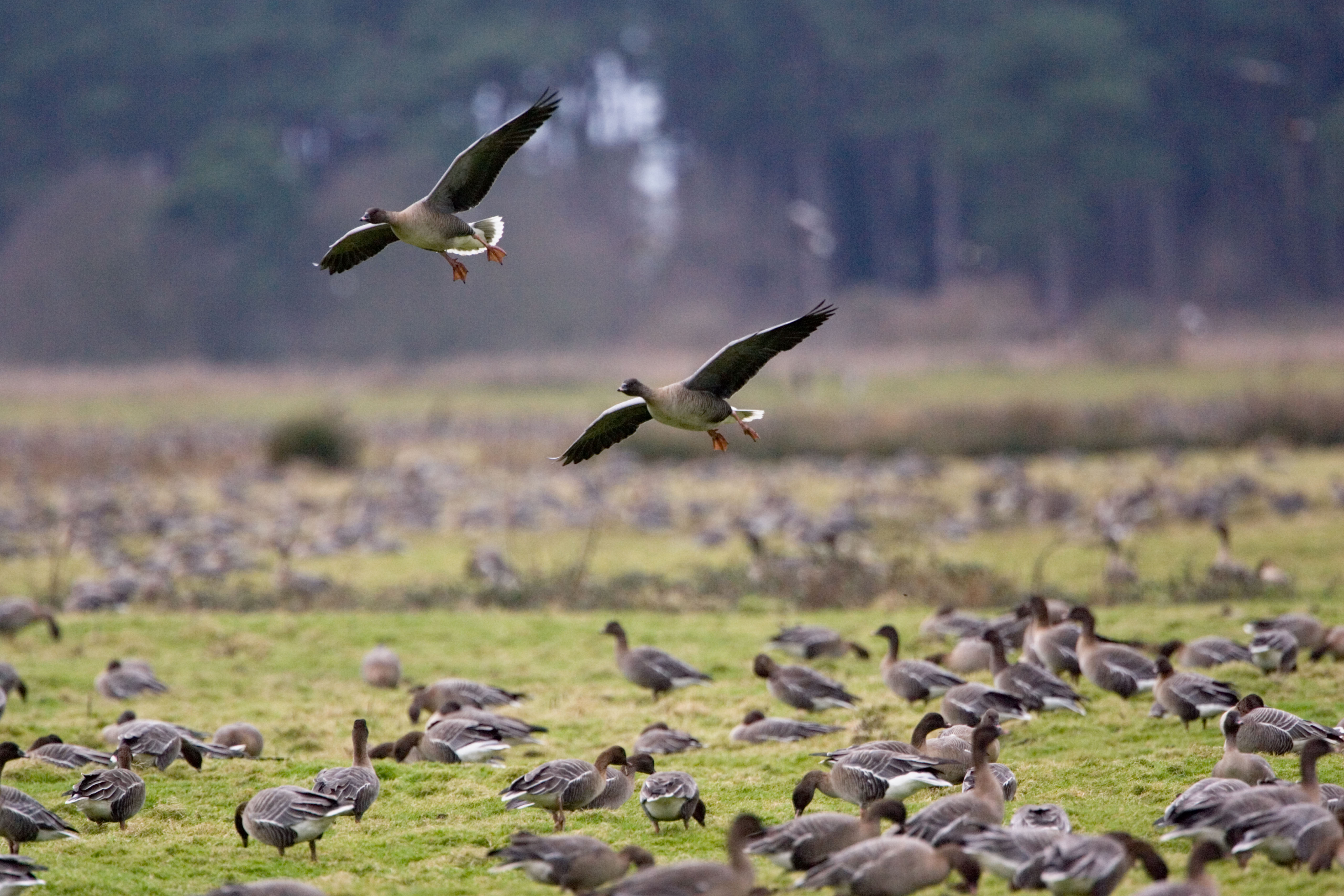
Credit: Alamy Stock Photo
The problem with geese: A farmer's nuisance, but a musician's dream
These avian visitors are a nuisance when they eat all the grass, but winters would be bleaker without their music.
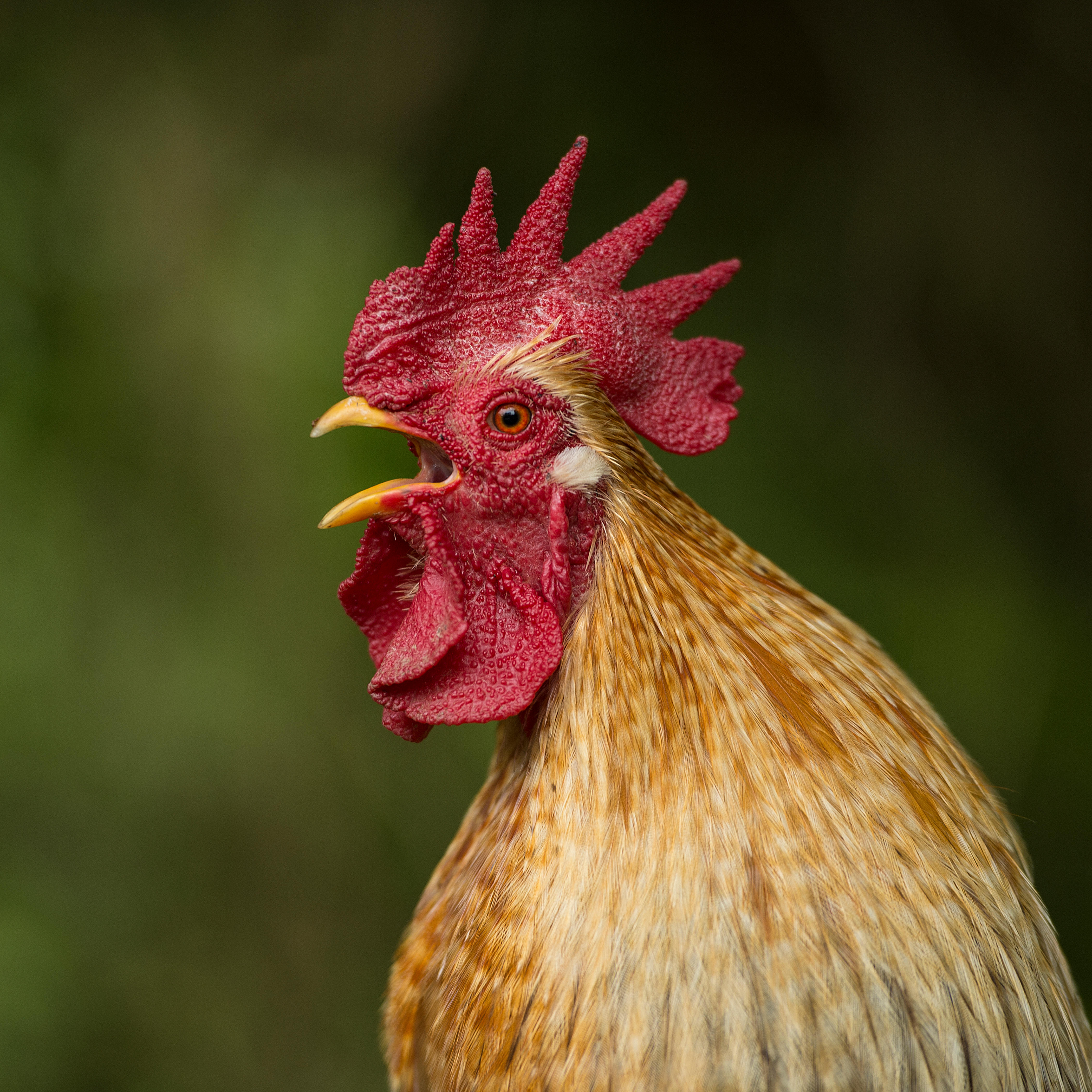
Credit: Farlap / Alamy
Farming Life: The cock on the brink of death, saved by spending a night in the Aga
The chickens are reprieved and it’s keep calm and carry on with the calving, says our resident farming columnist Jamie
Country Life is unlike any other magazine: the only glossy weekly on the newsstand and the only magazine that has been guest-edited by HRH The King not once, but twice. It is a celebration of modern rural life and all its diverse joys and pleasures — that was first published in Queen Victoria's Diamond Jubilee year. Our eclectic mixture of witty and informative content — from the most up-to-date property news and commentary and a coveted glimpse inside some of the UK's best houses and gardens, to gardening, the arts and interior design, written by experts in their field — still cannot be found in print or online, anywhere else.
-
 380 acres and 90 bedrooms on the £25m private island being sold by one of Britain's top music producers
380 acres and 90 bedrooms on the £25m private island being sold by one of Britain's top music producersStormzy, Rihanna and the Rolling Stones are just a part of the story at Osea Island, a dot on the map in the seas off Essex.
By Lotte Brundle
-
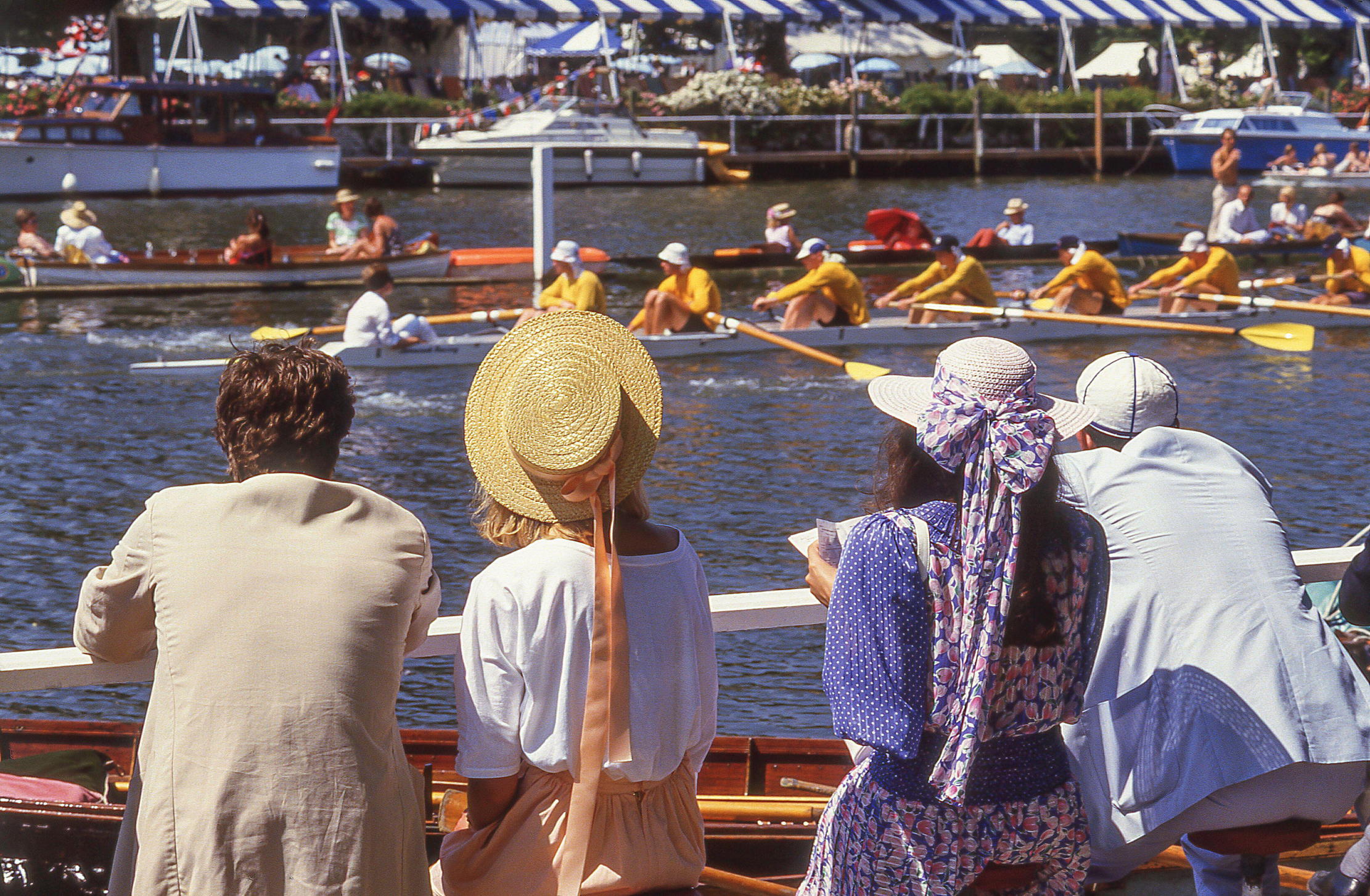 'A delicious chance to step back in time and bask in the best of Britain': An insider's guide to The Season
'A delicious chance to step back in time and bask in the best of Britain': An insider's guide to The SeasonHere's how to navigate this summer's top events in style, from those who know best.
By Madeleine Silver